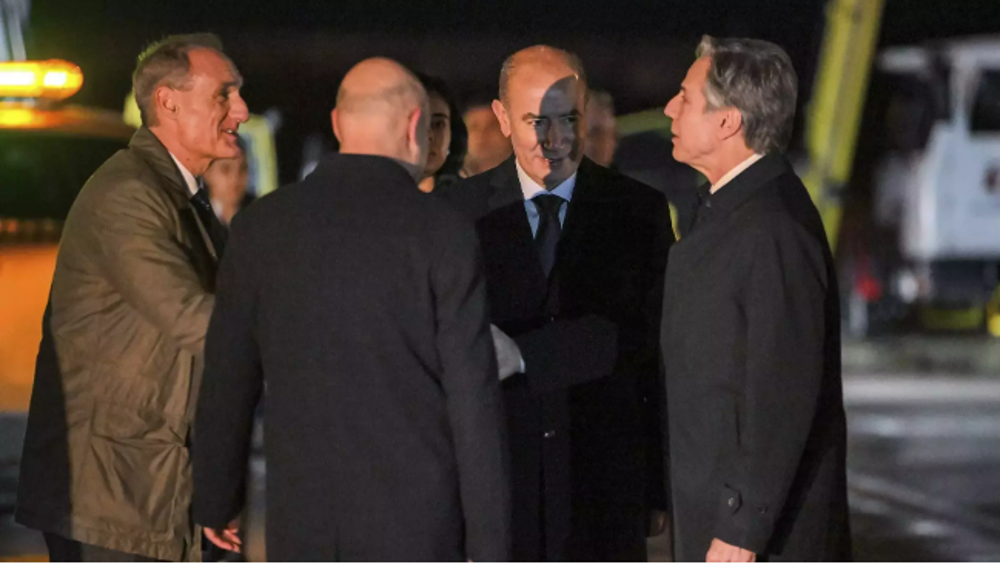Donald Trump overtakes Hillary Clinton in new national poll
US Republican presidential nominee Donald Trump has finally overtaken his Democratic rival Hillary Clinton in terms of national support, after trailing the former secretary of state for weeks, a new poll shows.
The Rasmussen poll, released on Friday, put Trump ahead of Clinton by a tiny 1-point lead, 40 percent to 39 percent.
Libertarian nominee Gary Johnson grabbed 7 percent support, trumping the other third-party ticket Green Party nominee Jill Steins, who only scored 3 percent.
This marks a significant change from the survey’s last week edition, where Clinton led the New York businessman by 4 points, 42 percent to 38 percent.
In August, shortly after the Democratic National Convention, Clinton had scored 44 percent in the poll, her highest ever since.
Clinton had dominated nearly all presidential polls over the recent weeks, following several missteps by the Republican nominee.

However, more recent polls have been showing a tightening race between the two candidates, with Trump managing to cut the former First Lady’s double digit lead in half.
A Reuters/Ipsospoll released last Friday, gave Clinton a 5-point lead over Trump, 41 percent to 36 percent, a 7-point drop for the Democratic ticket from the poll’s previous edition.
Moreover, the RealClearPolitics average of polls showed Friday that Clinton was leading Trump by only 4 percent nationally.
Trump has been trying to refocus his campaign over the past weeks, laying out in detail his immigration plans and economic policies.
He has also directed fierce attacks against Clinton regarding an email fiasco, as well as her allegedly declining health.
Clinton, on the other hand, has been trying to fend off criticism about the lack of clarity surrounding the Clinton foundation.
Trump’s campaign has accused her of engaging in “pay-for-play” with the family foundation’s donors.
The organization has come under bipartisan fire for its foreign funding and the suspicious nature of its activities over the past years.
In early August, newly released emails from Clinton’s time as the former secretary of state raised questions about possible links between the department and the Clinton Foundation.
Iran condemns Israel’s brazen admission of Haniyeh murder
VIDEO | Conference in Islamabad explores Pakistan-Iran ties
Hamas condemns Israeli evacuation order of Indonesian Hospital
VIDEO | Yemen resistance remains resolute
'Easy target': Yemen warns 4th US carrier within reach
Iran military awarded $40 mln worth of vessel building contracts
‘These kids need to be killed’: Shocking details of Israeli brutalities in Gaza
Yemen faces ‘highest burden’ of cholera globally: WHO










 This makes it easy to access the Press TV website
This makes it easy to access the Press TV website